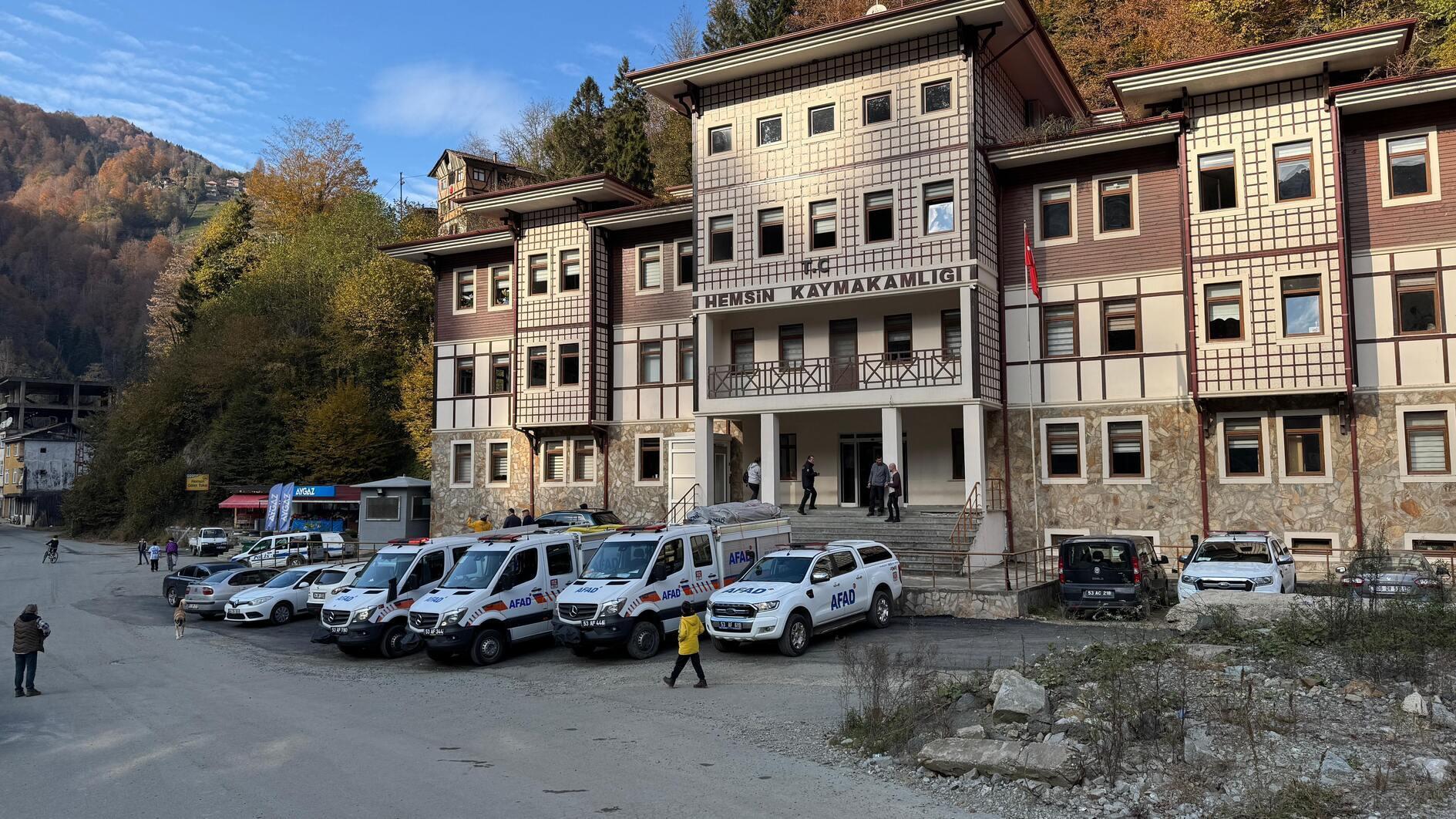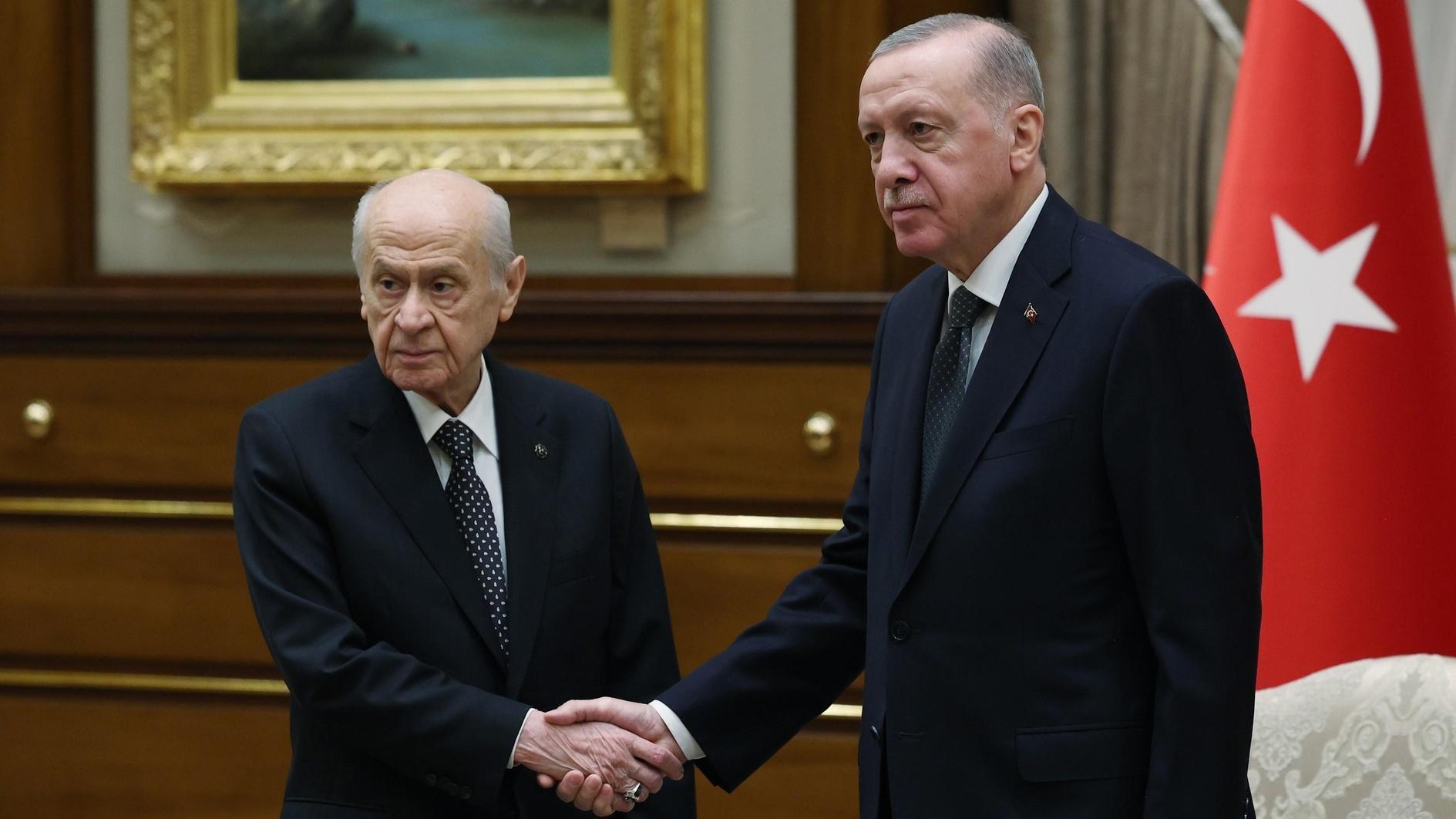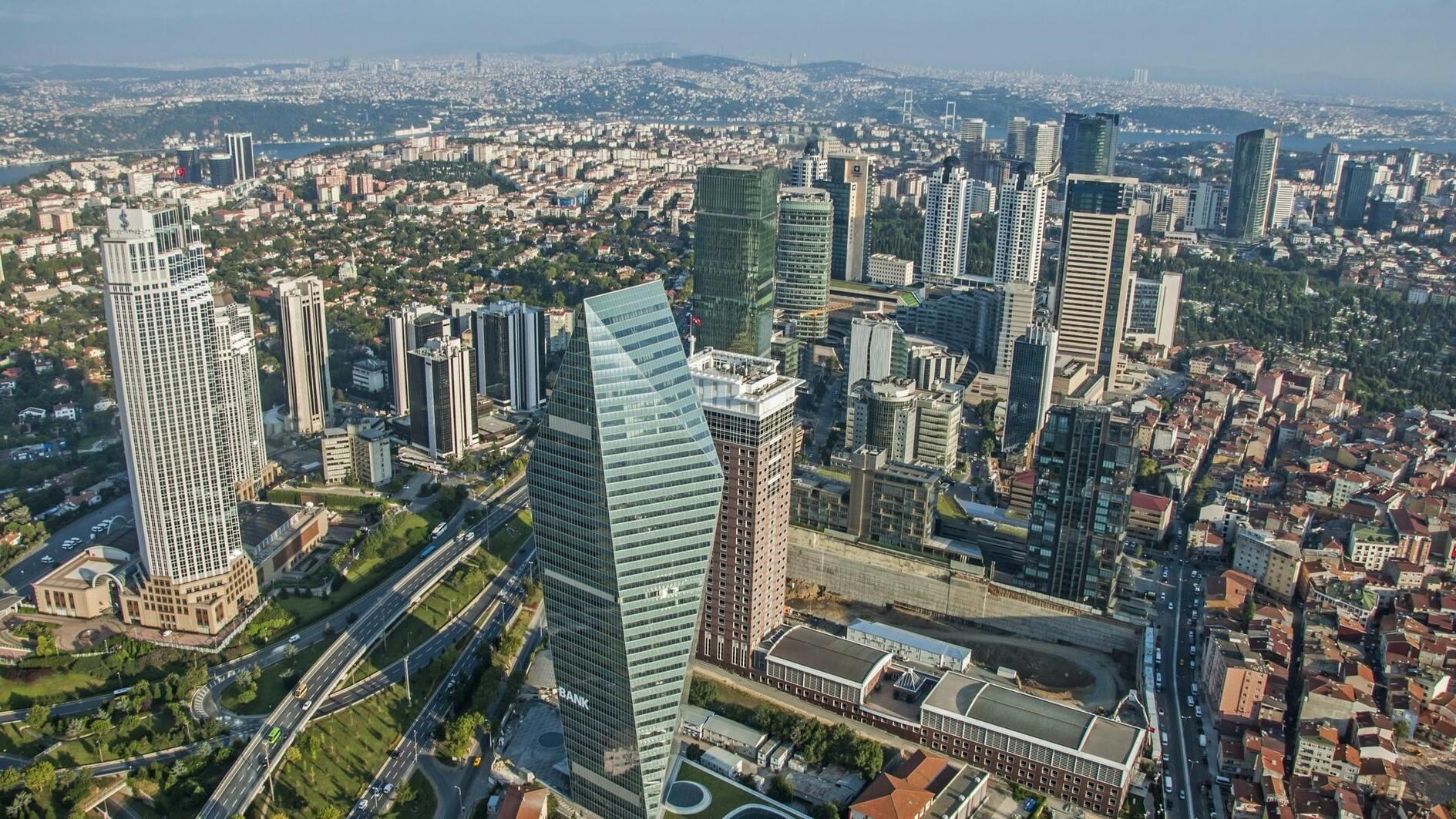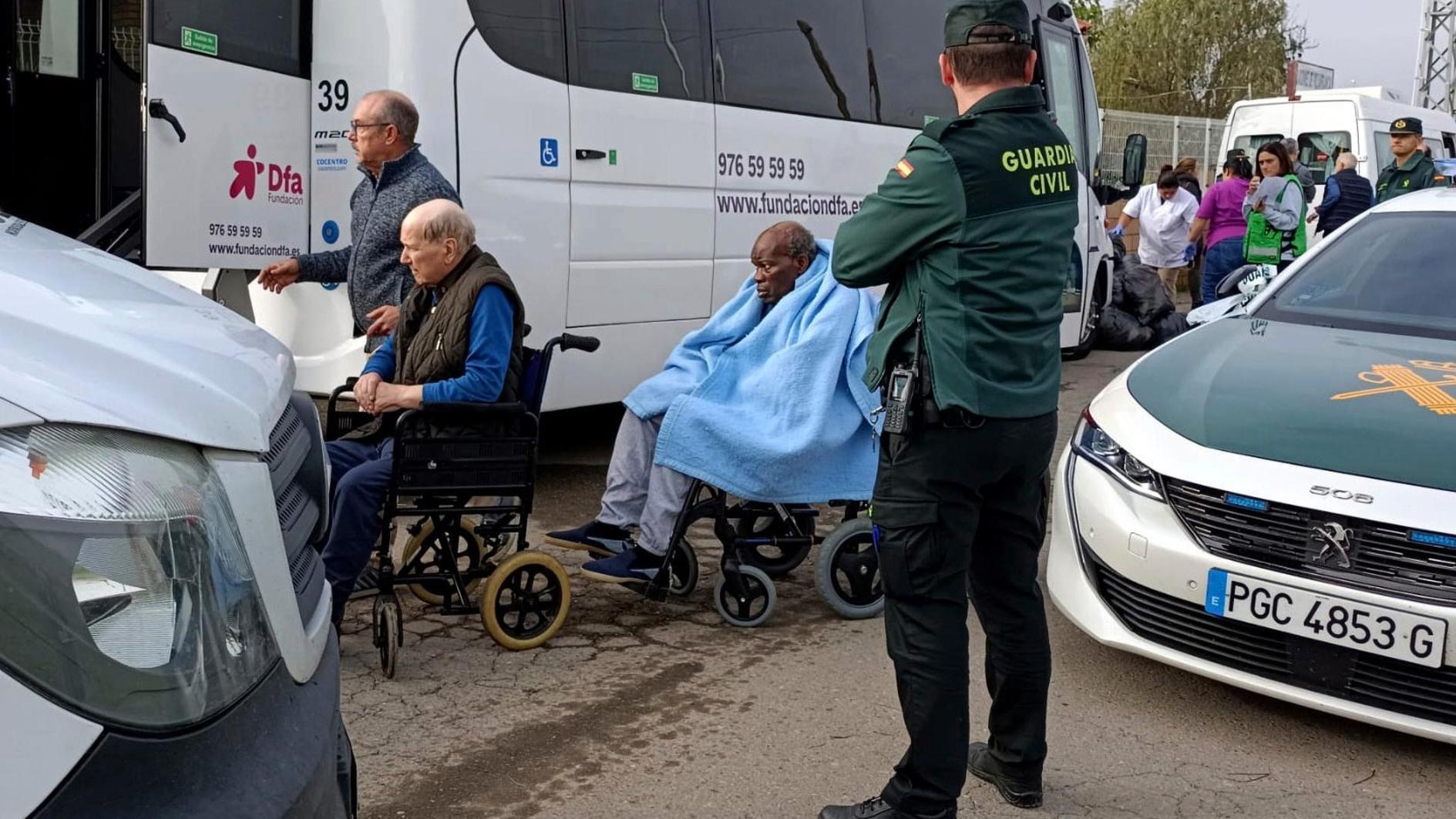Apologize! What for?
Foreign Minister Ahmet Davutoğlu recently said “We are not North Korea” while reacting angrily to U.S. think tank Freedom House’s latest report, which puts Turkey in the same class as that country in terms of press freedom.
Even though it is near the bottom of Freedom House’s list, Turkey is better than North Korea in this respect, of course. There is one area, however, where North Korea seems better than Turkey, even though it is run by a dictator whose mental faculties are questionable.
The government of “Supreme Leader” Kim Jong-un at least felt the need to apologize for the collapse of a 23 story building in North Korean capital Pyongyang last week, killing we don’t know how many people.
In similar fashion, the president of democratic South Korea, Park Geun-Hye, apologized once again a few days ago for the Sewol ferry disaster, which left a large number of people dead. She also took personal responsibility for her government’s handling of the incident.
It seems that these are things we will never see in this country, where the gut reaction of the government is to try and protect itself first in major disasters, let alone apologize for any negligence or take on any responsibility.
This is what Prime Minister Erdogan did during his press conference when he went to Soma shortly after the disaster, which left over 300 dead miners in its wake. For him there was no official negligence and one of Turkey’s words disasters was merely “an act of fate.”
His second reaction was to support those who may be criminally responsible, arguing instead about how this mine had been inspected and given a clean bill recently, rather than trying to assure an outraged public that those responsible would be brought to justice. He also slandered the main opposition Republican Peoples Party (CHP), whose deputy for the region tried not so long ago to have a parliamentary inquiry into conditions in the Soma mine after repeated reports that things were well there.
Erdoğan claimed that the CHP was only trying to discredit his Justice and Development Party (AKP) and argued – totally falsely as it turns out - that the CHP deputy in question had not mentioned Soma once in his address to Parliament after bringing the topic up.
Neither does Erdoğan appear to be perturbed by the contradiction involved in his government’s asking for a parliamentary inquiry into this disaster now, disregarding the fact that if the CHP’s request had been met this disaster might have been averted.
One can’t help wonder how he has the courage to commit himself to positions that leave him looking bad in the end. In addition to this, we now have an Erdoğan who chases demonstrators booing his government, and slaps them after cornering them in a supermarket with his bodyguards.
So it is no surprise that his chief advisor should take his cue from his boss and repeatedly kick another demonstrator held down by two paramilitary policemen. As if this was not bad enough, we also have a government spokesman who tries to present all of this as normal, who blames demonstrators for creating chaos, and who also accuses the media of exaggerations that harm Turkey’s reputation abroad.
Where does the courage for this “chutzpah” come from? It comes from the 43 percent garnered in the ballot box in the last local elections, and the arrogant assumption that Erdoğan be elected Turkey’s next president, come what may.
Is the fact that the AKP wins elections with comfortable majorities, however, an indication that it is democratic, and therefore sensitive towards the public’s democratic needs? Not by a long shot. That is why people are taking to the streets.
If you disregard the pluralistic aspect of democracy and use ballot box successes to impose majoritarian rule on a diverse society, then those whose democratic rights have been hijacked will take to the streets to express their anger. It is as simple as that, and this seems set to continue in Turkey as the government turns the country into a quasi police state in the name of “democracy.”











